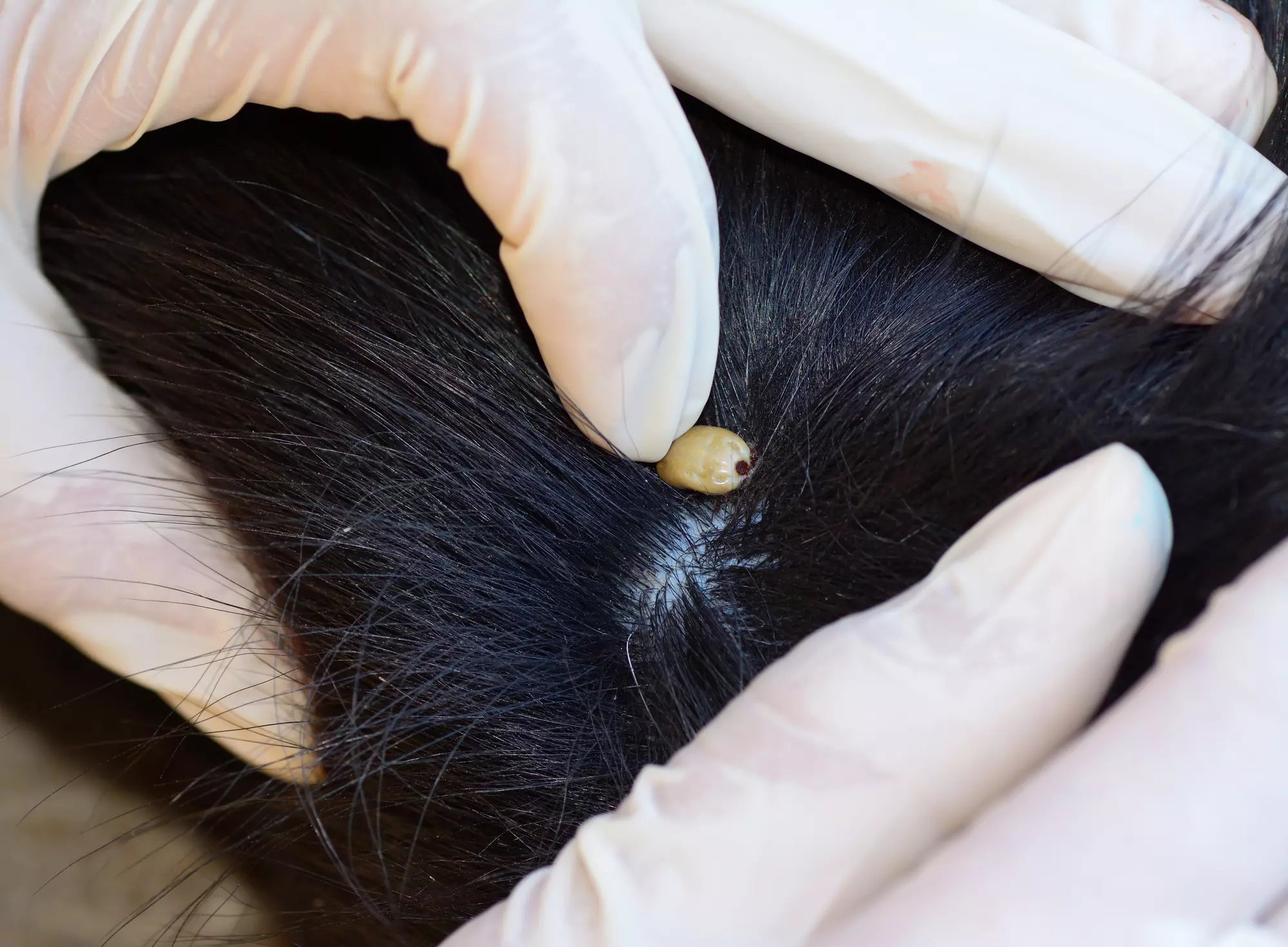A Beginner’s Look at Dog Parasites

Summer is here! It’s time for trail walks and stream splashing with your favorite furry friend. Go enjoy the great outdoors, but this is the time of year when dog parasites are most common.
A Beginner’s Guide to Dog Parasites
You love your pooch. He’s an important member of the family. The last thing you want is for your dog to get sick.
We run one of Chicago’s most experienced dog boarding and doggie daycare programs. We care about your pet’s health. We want to share this important information about dog parasites with you.
You’ve heard of parasites but do you know much about them?
What are Dog Parasites?
A dog parasite is an organism that lives inside your dog, or on the skin, and makes them sick. It feeds off the host, your dog, to survive.
There are a few types, and each one can cause a different symptom or health risk. No matter the type, they need treatment to be sure your pup stays healthy and comfortable.
Internal Parasites
Internal parasites live inside your dog or puppy’s body. They grow in the digestive tract, stomach, and intestines. Your dog ingests them by eating the eggs or larvae from a contaminated food source or even soil.
You’ll notice changes in your dog’s behavior when he is sick from parasites. Here are some descriptions to help you decide which parasite problem you may be dealing with.
- Roundworms – These are long, thin worms that can live in your dog’s intestines. You’ll notice coughing, diarrhea, and vomiting if your dog has roundworm. You may even find these worms in your dog’s feces.
- Tapeworms – This parasite comes from fleas your dog may ingest. If the flea has tapeworm eggs growing inside it, then your dog will get them, too. Tapeworms cause diarrhea and weight loss and can also be seen in your dog’s feces.
- Hookworms – The parasite attaches to the inside of the stomach and feeds off the blood supply. Loss of blood will make your dog tired but can have a more serious effect on puppies. You’ll notice diarrhea and weight loss when your dog has hookworms.
- Whipworms – These are small, threadlike worms that live in the dog’s large intestine. Like most intestinal parasites, they cause vomiting, diarrhea, and weight loss. They are much harder to spot, but you may notice a bit of mucus on your dog’s feces.
- Heartworms – A parasite-infected mosquito bite causes heartworm. The eggs or larvae set up house inside your dog’s heart. They slow the flow of blood, so he gets tired quickly. He may develop a cough and lose his appetite.
- Ringworm – This is not actually a worm, it’s a fungus. And yes, it’s still a parasite because it gets what it needs to survive from your pup. In fact, puppies are most at risk because they are still developing their immune system. If your dog has ringworm, you will notice round sores with a red center on his head, ears and even on the paws.
- Giardia – This parasite is not a worm, either. It is more common in puppies because they are still developing. If your dog or puppy has giardia, you may notice greenish, foul-smelling feces.
External Parasites
These parasites live on the surface of your dog’s skin and hair. You can see them as you brush or pet your pup. They sometimes jump off and cause problems for humans, too! Take a look at this list to see if your dog has an external parasite problem.
- Mites – Mites are microscopic, meaning it’s hard to see them without magnifying them. They cause itching and irritation, especially if the burrow under the skin. Your dog may have mites if he shakes his head or scratches at his ears.
- Lice – Also microscopic, Lice live in your dog’s hair. They cause itching and irritation. They are not the same kind of lice that humans get, but they can still bite you.
- Ticks – Dogs that spend a lot of time outside, especially in areas with lots of tall grass or shrubs, may get ticks. There are many types of ticks, but they tend to be dark brown and roundish in shape. They bite your dog and feed on the blood and need to be removed immediately.
- Fleas – An insect without wings, fleas live on your dog’s skin. You can usually find them if you part the fur or look in areas that have less fur. They feed on your dog by biting and sucking out blood. They cause itchiness and irritation that makes your dog scratch and bite himself.
What to Do if My Dog Has Parasites
No matter the type of parasite, it’s time to take action. Not only is your dog sick, but he might be contagious! Many internal and external dog parasites can pass from one pet to another, and in some cases to humans.
Your dog is not going to get better on his own, so you will want to provide treatment. It’s even more important for a puppy. He doesn’t have a developed immune system, yet.
Some parasite treatments are available over the counter. Others need a prescription from the vet. Monthly medications can help prevent some parasites, such as heartworm and fleas.
We’ve given you a basic look at dog parasites and how to identify them. If you’d like more detailed information, you can find it here. We hope this information helps you become aware of how dog parasites can affect your pup.
We’d Love to Hear From You
If you’d like to talk more about dog boarding or our doggie daycare program, please contact us!


